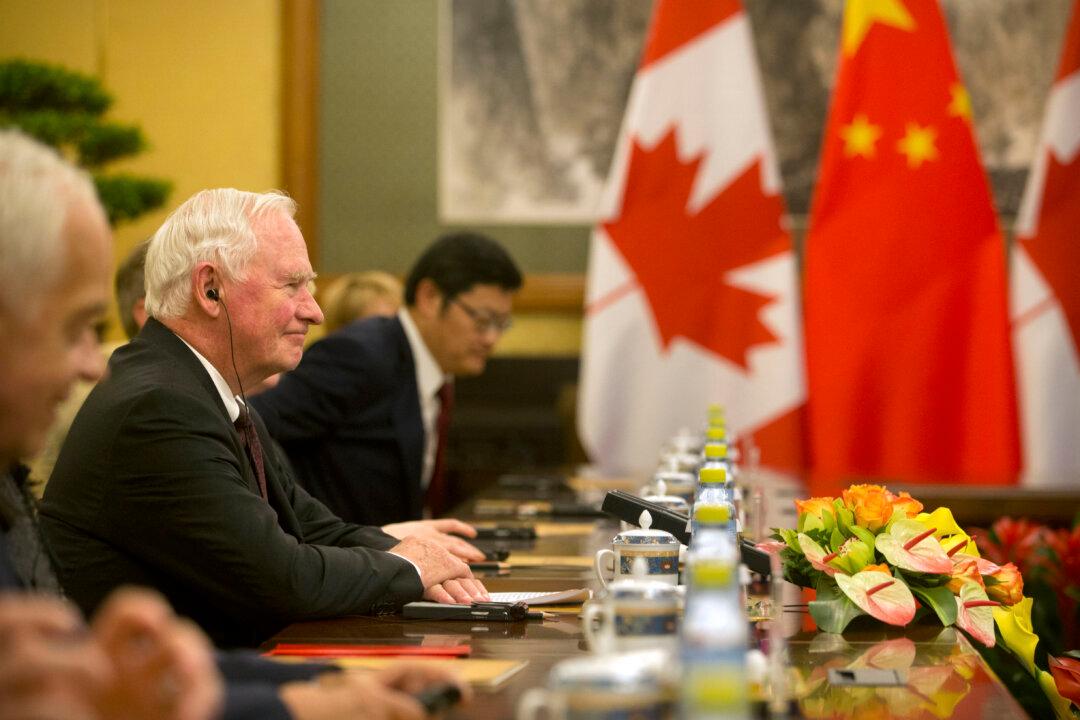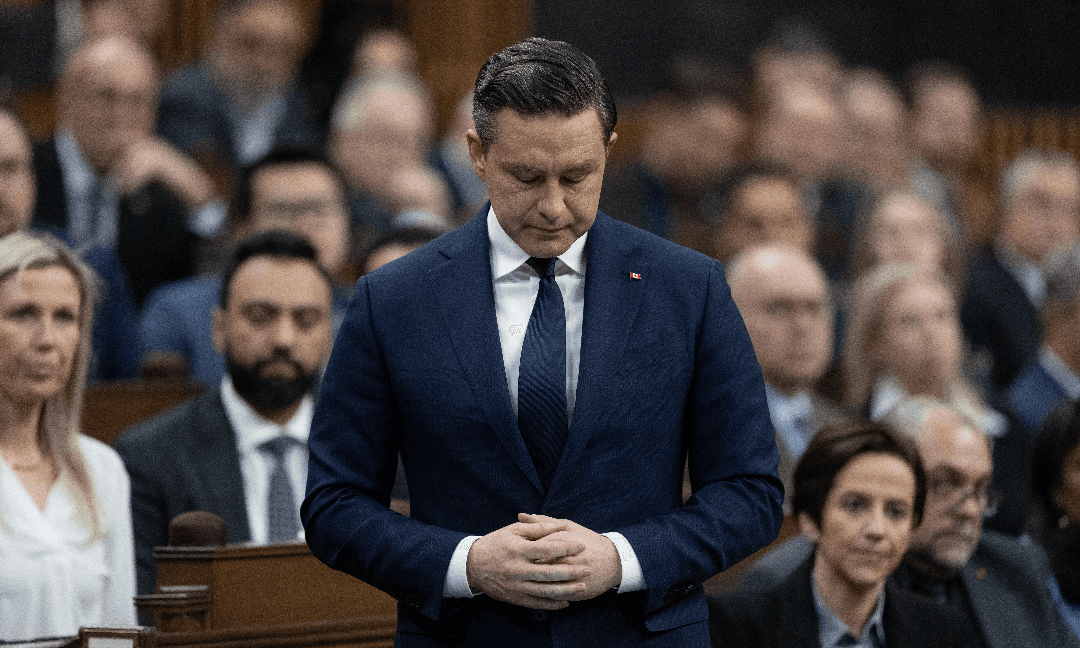Slightly over half of Canadians believe that Special Rapporteur David Johnston should have called for a public inquiry into foreign election interference, according to a new Angus Reid poll.
Released on May 26, the national public opinion survey found that 52 percent of respondents said an inquiry should have been called, while 32 percent thought it was unnecessary, and 16 percent were unsure.





